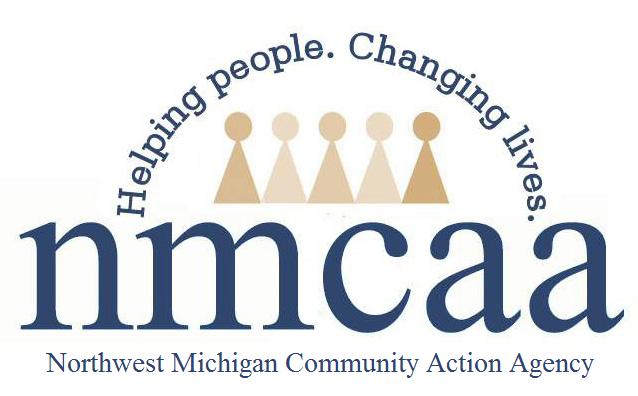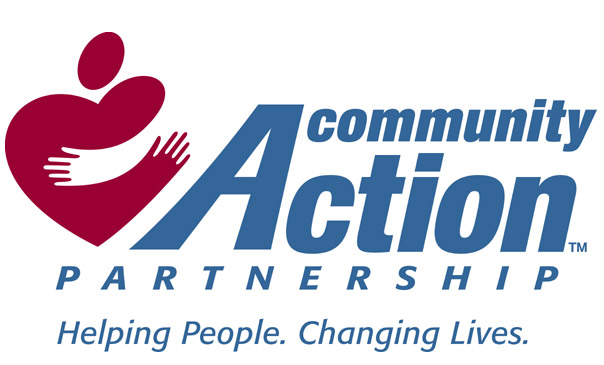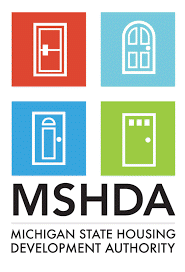Home Services Early Childhood Head Start
Head Start
NMCAA Head Start and GSRP offers different program options designed to meet family needs. Each option may have a different look, but all share the common goal of assisting parents to be their child’s first and most important teacher. Parent Involvement is the key factor in producing long term outcomes for families enrolled in the program.
Parents are actively involved by volunteering, attending relevant trainings and participating in the planning, budgeting and staff selection process. Each child enrolled is assessed individually in all developmental domains to foster the greatest possibility for later school success. Head Start families are also supported in meeting program requirements for health and dental services. Sound nutritional habits are modeled through healthy food experiences on a daily basis. Head Start works with other community resource providers to ensure the needs of each family are met.
Families with children of all abilities are encouraged to apply.
Program Options:
Head Start Single Session
- Children must be 3 or 4
- Classes meet 4 days per week, 4 hours per day
- School year schedule
- Some transportation is provided
- Parents receive 4 contacts per year in the form of Home Visits and Parent/Teacher Conferences
Head Start/GSRP Extended Day
- Child must be 3, or 4 by December 1
- Classes meet 4 days per weeks, 7 hours per day
- School year schedule
- Parents receive 4 contacts per year in the form of Home Visits and Parent/Teacher Conferences
- Transportation options for your child may be available
Child Care Partners
- Preschool Classrooms
- Flexible Scheduling, 5 days a week, up to 10 hours a day
- Extended Care Available
NMCAA EARLY CHILDHOOD PROGRAM ANNUAL NOTICE (HSPPS 1303.22)
Disclosure with Parental Consent
1. Personally Identifiable Information (PII) may be released with written parental consent. a. PII is any information that could identify a specific individual, including but not limited to a child’s name, name of a child’s family member, street address of the child, social security number, or other information that is linked or linkable to the child.
2. Parents have the right to refuse the release of Personally Identifiable Information.
Disclosure without Parental Consent
1. Personally Identifiable Information may be released WITHOUT parental consent to,
a. Consultants acting in the role of an employee of the program,
b. Federal or State officials in connection with an audit or evaluation of education or child development programs,
c. Federal or State officials in connection with a study of child and family outcomes, including improving the quality of programs,
d. Appropriate parties in order to address a disaster, health or safety emergency or a serious health and safety risk such as a serious food allergy, if the program determines that disclosing the PII from child records is necessary to protect the health or safety of children or other persons,
e. Comply with a judicial order or lawfully issued subpoena, provided the program makes a reasonable effort to notify the parent about all such subpoenas and court orders, unless:
i. A court has ordered that neither the subpoena, its contents, nor the information provided in response be disclosed;
ii The disclosure is in compliance with an ex parte court order obtained by the United States Attorney General (or designee not lower than an Assistant Attorney General) concerning investigations or prosecutions of an offense listed in 18 U.S.C. 2332b(g)(5)(B) or an act of domestic or international terrorism as defined in 18 U.S.C. 2331.
iii. A parent is a party to a court proceeding directly involving child abuse and neglect (as defined in section 3 of the Child Abuse Prevention and Treatment Act (42 U.S.C. 5101)) or dependency matters, and the order is issued in the context of that proceeding, additional notice to the parent by the program is not required; or,
iv. A program initiates legal action against a parent or a parent initiates legal action against a program, then a program may disclose to the court, also without a court order or subpoena, the child records relevant for the program to act as plaintiff or defendant.
f. The Secretary of Agriculture or an authorized representative from the Food and Nutrition Service to conduct program monitoring, evaluations, and performance measurements for the Child and Adult Care Food Program;
g. A caseworker or other representative from a state, local, or tribal child welfare agency, who has the right to access a case plan for a child who is in foster care placement, when such agency is legally responsible for the child's care and protection, under state or tribal law, if the agency agrees in writing to protect PII, to use information from the child’s case plan for specific purposes intended of addressing the child's needs, and to destroy information that is no longer needed for those purposes; and,
h. Appropriate parties in order to address suspected or known child maltreatment and is consistent with applicable federal, state, local, and tribal laws on reporting child abuse and neglect.









